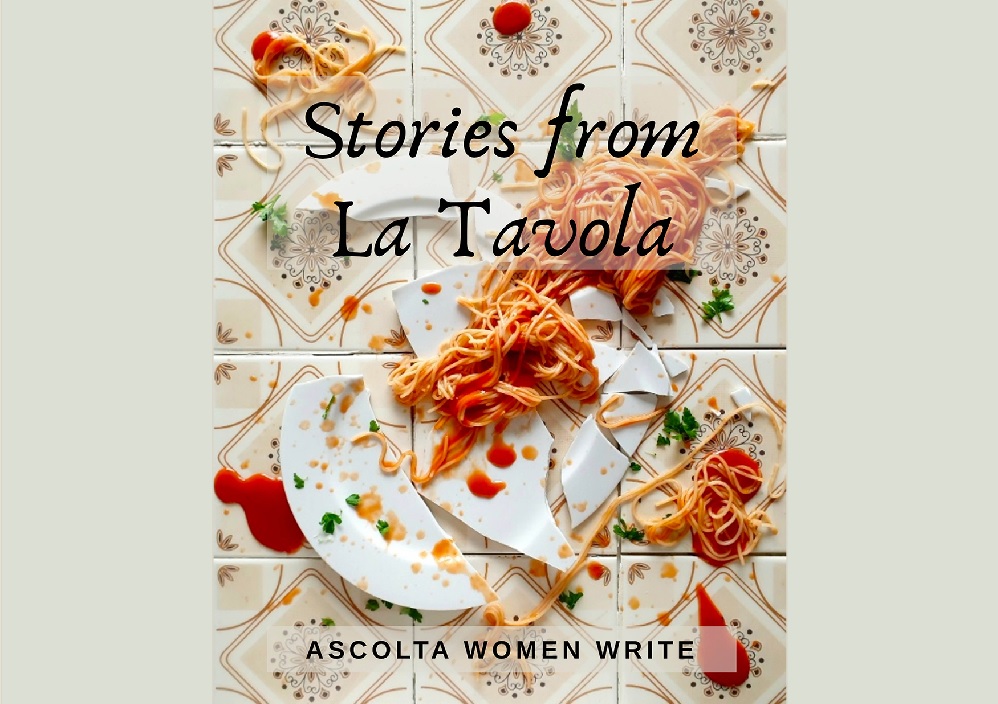Following the release of Stories from the Inside in 2021, the recently-launched Stories from La Tavola is a collection of short stories which expose reflective, critical and thoughtful insights related to food and its connection with identity and belonging.
In the book, multiple perspectives challenge gendered and ethnic stereotypes such as the effusive yet subservient Italian mamma, or the selfless nonna perpetually imposing food on reluctant families.
“Instead, the writers problematise expectations of the role of women in Italian and migrant cultures in Australia and Italy,” Teresa Capetola, author and professor at Deakin University, writes in the book’s introduction.
The title of the book is inspired by the contribution of Margherita Angelucci, who observes that in Italian grammar, the utilitarian table, as artefact, is masculine – il tavolo; however, the process of placing a tablecloth renders the exact same object as femminine – la tavola.
“In selecting the anthology title, we both honour the critical processes needed for questioning imposed and limiting expectations on us as ethnic women and reclaim a power in the feminine not traditionally associated with the domestic realm,” Capetola said.
The book features short stories, poems, artworks and photos that explore food as a metaphor for pleasure, pain, obligation, envy and love.
It was launched alongside two other publications: the biography by Maria Fantasia, My Father’s Story … Through My Eyes, and the e-book 100 DAYS, 100 RECIPES: Cooking with Mamma by social worker, author and artist Giuseppina Marino Leyland.
A stakeholder manager at a mining company and active member of the community, Fantasia explained that her work is based on a diary she wrote throughout her life.
“When my mother passed away, my son suggested that I turn it into a literary volume,” she said.
“I had to finally give my mother the voice she never had.
“At home, we observed the typical Italian traditions and customs, but there was also violence and abuse.
“As a young girl, I spent a lot of time helping my bricklayer father on construction sites.
“I saw so many sides of his personality; so I had to tell the story also through his eyes.”
The memoir takes readers on a journey through Italy during a time when the country was bound by war, poverty, devastation, loss and trauma, exploring “the way things were done” and how Italians were forced to flee and make a new life in Australia.
It also shines a light on violence and domestic abuse “behind closed doors”, revealing the “shame” of a toxic cycle, as well as the trauma suffered and the damage inflicted.
“We lived in fear of our father,” Fantasia said.
“He always told us that he was the padrone and that he’d hurt us if we ever said anything.
“And the terrible side of our story is that no one wanted to hear about it.
“They forced us under the profound weight of shame.”
Fantasia’s book reflects her continual effort to try to understand who her father was.
“He worked hard for his family and made enormous sacrifices; I can’t deny that,” she said.
“But I wanted to try to understand why he fought against our mother and all of us.
“Researching and reading about domestic violence and abuse has given me a better understanding of my father and the impact he has had on me and my siblings.”
100 DAYS, 100 RECIPES: Cooking with Mamma was also inspired by family ties and honouring a mother’s legacy.
To write the e-book, Marino Leyland dedicated her first hundred days of the COVID-19 lockdown travelling back in time to reproduce her Abruzzese mother’s recipes.
“My mother just looks at the ingredients and cooks,” she said.
“Each dish is always slightly different from the previous version, because it’s all in her mind and she cooks instinctively.
“It’s so interesting to observe and photograph her, recording her processes and stories.”
Marino Leyland said she has found a “group of sisters” in Ascolta Women, who understand her and push her to retrace her memories, making up for her younger years in which she had no one to share her family background with as a daughter of Italian migrants.
“Being Italian was a great burden; you almost always lived with the pressure of forgetting your heritage in order to integrate,” she explained.
“What we have in common is not only our cultural past, but also our passion for writing.”
Marino Leyland looks forward to working with the collective well into the future.
“We represent an intergenerational group,” she concluded.
“The story continues and incorporates new layers of migration and settlement.”












